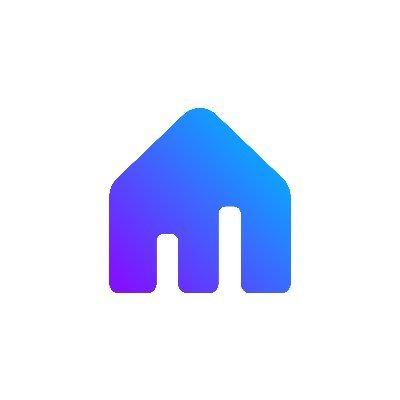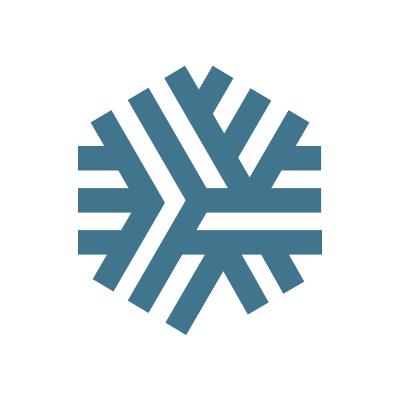Buy shares in vacation rental properties
Invest in venture-backed companies
Investments
$100
Fundhomes sets its minimum investment threshold at $100, with shares available at $10.
Moderate Risk
3/5
Investing in Fundhomes carries risks such as potential loss of capital, market fluctuations, and regulatory changes affecting profitability. Investments are generally illiquid with a long-term exit strategy, and early withdrawal may result in penalties. A secondary market to improve liquidity is under consideration but not guaranteed.
High Risk
4/5
Investing in Sweater's Cashmere Fund, like any venture capital investment, carries inherent risks. These risks include market volatility, economic conditions, and challenges specific to the companies in which the fund invests.
Minimum Liquidity
1/5
Fundhomes offers liquidity options including automatic share sales when properties are sold (5-10 years), a secondary market for selling shares to other investors, and a buyback program, with potential early sale penalties within the first year.
Minimum Liquidity
1/5
Sweater provides biannual redemption windows for investors to access their investment before the end of the investment term. However, there may be restrictions and limitations on the redemption process.
Receive new reviews from Fintorial
Moderate Return
11.36 %
Investors in Fundhomes can expect cash dividends from rental income, projected at a hypothetical rate of 6.62% per year, and property appreciation, estimated at 4.74% per year, upon sale within 5-10 years. This totals a hypothetical annual return of 11.36%.
Long-term Investment
5-10 years
The investment time horizon at Fundhomes is typically 5 to 10 years, focusing on long-term gains from rental income and property appreciation.
Long-term Investment
1-5 years
Sweater's Cashmere Fund is designed for long-term investments, but they provide biannual redemption windows for investors to redeem a portion or all of their investment.
Who can invest
United States
To invest in Fundhomes, one must be a U.S. Citizen or a resident of the U.S. with a valid Social Security Number.
Who can invest
United States
Any U.S. resident over the age of 18 with a Social Security Number (SSN) is eligible to invest in Sweater's Cashmere Fund.
Moderate Volatility
3/5
Fundhomes' vacation rental properties face real estate market volatility, with valuations influenced by economic shifts, interest rates, and regulatory changes.
Moderate Volatility
3/5
The assets on Sweater's platform, including the investments made by the Cashmere Fund, can be subject to volatility.
Regulation and audits
SEC Regulated
Fundhomes utilizes Regulation A for public offerings, enabling investors to buy shares in Series LLCs that each own a vacation rental property. This approach grants investors partial ownership in a property, with all details outlined in SEC-filed offering circulars.
Regulation and audits
SEC Regulated
Sweater operates under SEC regulations, allowing them to accept investments from non-accredited investors.
Insurance
Yes
Fundhomes insures its properties against physical damage, but this doesn't cover market risks or regulatory changes affecting property values. Insurance limits may also not match property market values.
Insurance
No
Specific details about Sweater's insurance policies are not available on their website.
Payouts
Dividends
Investors in Fundhomes receive quarterly dividends derived from the net rental income of vacation rental properties, after deducting operational expenses. These dividends reflect a portion of the property's profitability but are not guaranteed and can fluctuate based on occupancy rates and market conditions.
Payouts
No Recurring Payouts
According to Sweater's website, the Cashmere Fund does not pay dividends to investors.
Withdrawals
Investors in Fundhomes can receive their investment back when the property is sold, usually within 5-10 years, or by selling their shares earlier on a secondary market, depending on demand.
Withdrawals
Investors in Sweater's Cashmere Fund can redeem their investment during biannual redemption windows. However, there may be restrictions or limitations on the redemption process.
Extra Fees
Yes
Fundhomes earns through fees for property and asset management. This includes handling vacation rental operations like maintenance and guest services, as well as overseeing investment strategies and performance.
Extra Fees
No
Sweater's Cashmere Fund charges a fee of up to 2% for redeeming investments during the semi-annual redemption windows.
Taxes
Tax Form
Fundhomes provides K-1 Tax Forms for each investment property, detailing investors' share of income, deductions, and credits. Typically, these forms are issued by March 15th each year, with an IRS extension deadline of September 15th if needed.
Taxes
Annual Statement
Venture funds, like Sweater's Cashmere Fund, generally provide tax reporting support to investors.

